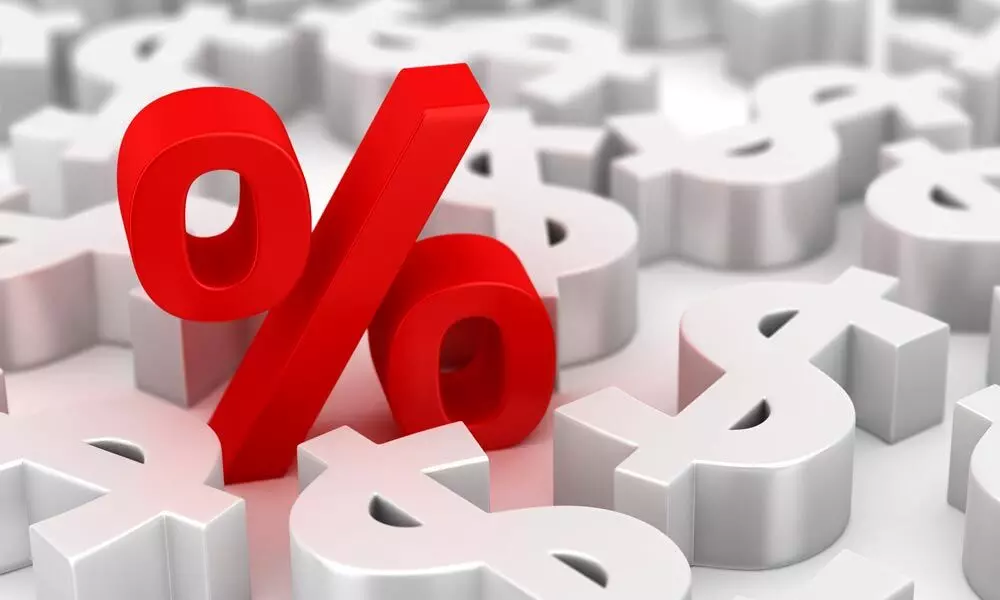How interest rates affect Indian startups
Valuations come in bubbles and capital comes in waves — the smartest entrepreneurs are those who convert bubbles into waves.
image for illustrative purpose

Valuations come in bubbles and capital comes in waves — the smartest entrepreneurs are those who convert bubbles into waves. Underpinning this fluid mechanics of finance are interest rates, which forms the bulwark of the valuation of all assets. Interest rates represent the worth of the future as of today.
Valuation is, in itself, discovering the current price of future cash flows. As the old saying goes, valuation is a science and an art. The science of valuation is simple — estimate free cash flows for a given period, and discount them by an appropriate interest rate to get the fair market value of the asset; mathematically shown as:
Present Value = Future Cashflows
(1 + Interest Rate)^ time
The art of valuation, however, lies not in the calculation, but in convincement.
Listed startups have seen their valuations fall because of the threat of the rise in interest rates. As the future cash flows of such companies remain the same, the rising interest rate decreases the valuation of these companies, as evidenced by their stock performance.
To understand how, despite having low debt, startups have seen their valuations plummet at the threat of increased interests rates, context is key.
Both the public and private markets the world over have benefitted from the low-interest rate regime propagated by central banks to soften the blow of the COVID-19 pandemic. The historic low-interest rates saw $28 trillion of the $42 trillion worth of global bonds yield negative interest rates. This pushed investors to seek growth to find real returns, leading them to eschew bonds for stocks — both public and private. This saw share valuations rise, despite severe economic dislocation worldwide.
The central banks injected $25 trillion in stimulus, but global GDP still declined by around $3 trillion between 2019 and 2020. The stimulus has directly contributed to asset inflation worldwide, with the US Federal Reserve chairman saying that he would expand the Fed's balance sheet to infinity if need be. But as the death toll falls worldwide, the rise in inflation is causing central banks to unwind their liquidity programmes, and raise interest rates.
If falling interest rates pushed money from bonds to stocks, rising interest rates will see a reversal. The recent crashes in global listed markets coincide with central banks' reversing their policies of quantitative easing and pandemic measures. This will further translate to pressure on private markets, and startups as well. Investors and entrepreneurs have been expecting this — and have been preparing for it; this is how 2021 was a record-breaking year in all respects.
A pertinent question to note is why interest rates would affect Indian startups, who have negligible debt, and have financed their operations purely through equity. The answer lies in the inverse relationship between present value and interest rates, evidenced in the equation above — rising interest rates result in lower future cash flows, causing a lower valuation. This was propounded by Irving Fisher, who famously said, "Interest rates act as a link between income value and capital value". As the income and future cash flows remain the same, the present value will dip basis an increase in interest rates.
This is acutely visible in tech IPOs worldwide, that have retreated to their listing price or, in most cases, dipped below. Rising interest rates have caused a reset of the fair market value expectations, and have caused capital to flee to safer havens such as bonds, which will start paying out higher interest.
This year will be marred by a reversal of this record-high systemic liquidity, leading to uncertainty and great scrutiny of capital raises. Investors will become more discerning in making investments, and will prioritise unit economics over only growth.
Indian startups looking for a playbook for such a situation can seek solace in the fact that valuation is both an art and a science; the science dictates that the only means to counter the effect of rising interest rates on valuation is to increase free cash flows that a business generates. This will underpin all future fundraising in India, and free-cash flow generating companies will still command high valuations.
For startups who can't generate free-cash flows, they can get comfort in how valuation is also an art and begin to work on their storytelling skills and narrative. But for those who seek the path of art, be warned that: In times of downturns, the arts are always the first to get cut.

